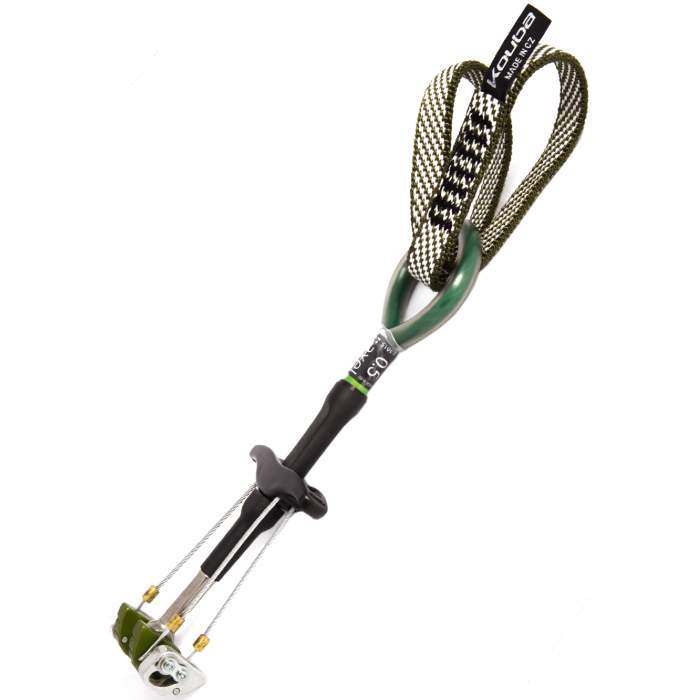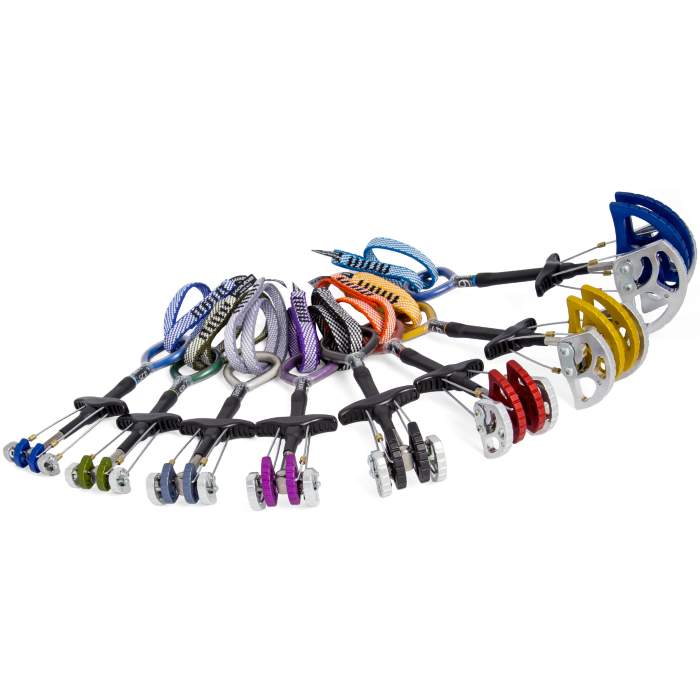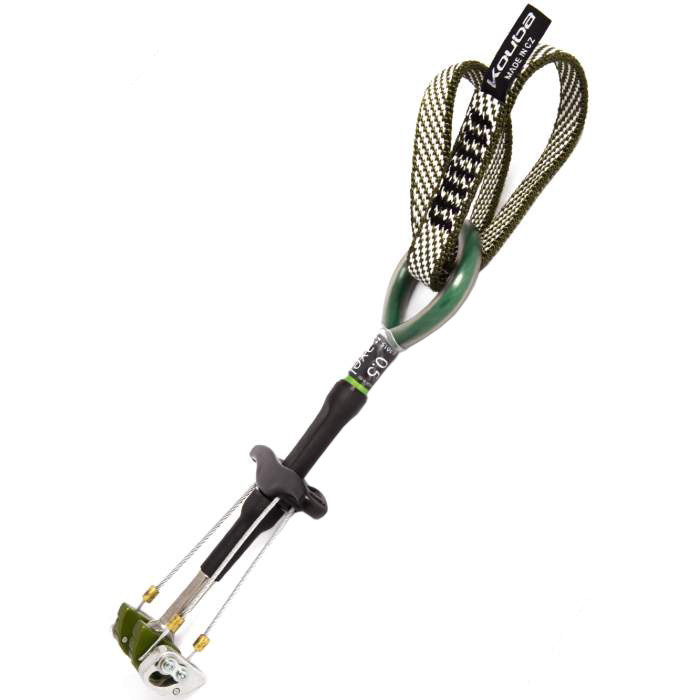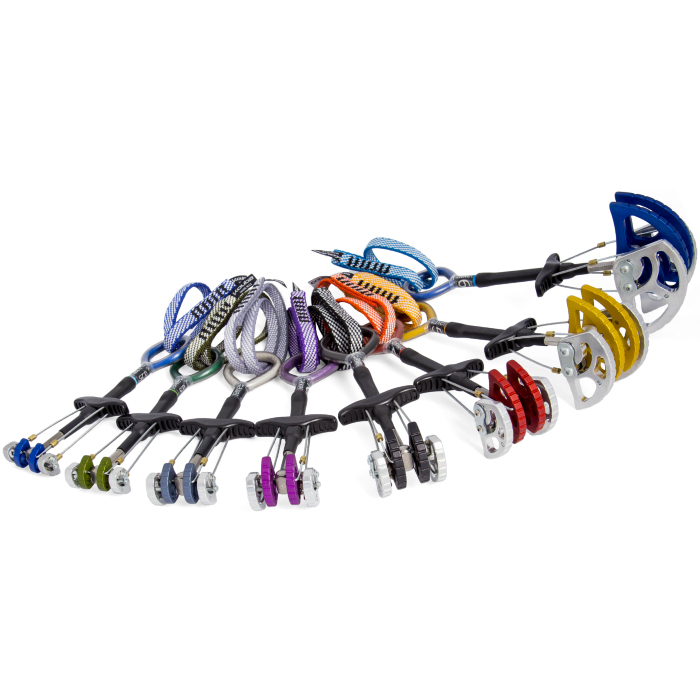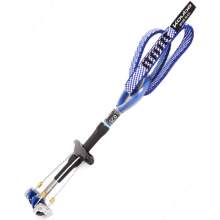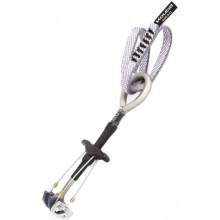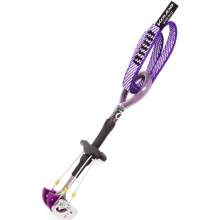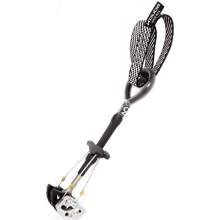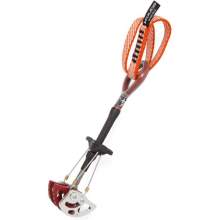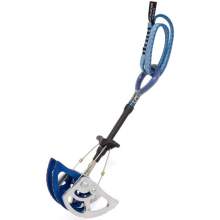The UIAA equipment standard provides a baseline for equipment performance in a test lab under controlled conditions on new equipment. Although these test conditions are relevant to the conditions encountered climbing, conditions encountered at the crags and the condition of the equipment are equally important. This recommendation from the UIAA member federation The British Mountaineering Council (BMC) provides vital equipment information that is NOT explicitly addressed in the standard, particularly failure modes of the equipment and recommendations for the use, inspection, maintenance, and retirement of equipment.
Axel 0.5
Description
True partner for your serious rock adventures. Bi-axial construction brings larger expansion range along with better camming effect in the crack. Perfect piece for your rock or mountain climbing. Equiped with color coded slings and segments for easy and quick handling.
Retail price
This Product is Hard to Find.
We don’t know where you can buy this item online in the US. We’ll continue to check all the major retailers and will update this page as soon as we find one.
If you know where to find this online in the US, let us know, and we’ll add the link.
Weight (g / oz)  | 98.0 g / 3.45 oz |
| Cam Head | 4 lobes, double axle |
| Offset | No offset |
| Stem | Rigid single stem |
| Sling | (double sling loop) |
| Camming Angle | |
| Active Strength | 7 kN |
Cam Range (mm / in)  | 16.0 - 27.0 mm (0.62 - 1.06 in) |
| Materials | Main Material: Aluminium Alloy Wire Material: Steel rope |
| Certification | CE, EN |
No reviews yet.
If you know of a good product video that should be here, let us know, and we'll put it up.
If you're looking for gear videos in general, check out our Vimeo and YouTube channels to see the newest gear.
A pictoral representation of the UIAA-125 and EN-12276 standards for frictional anchors (which includes SLCD's [cams] and Ballnuts).


